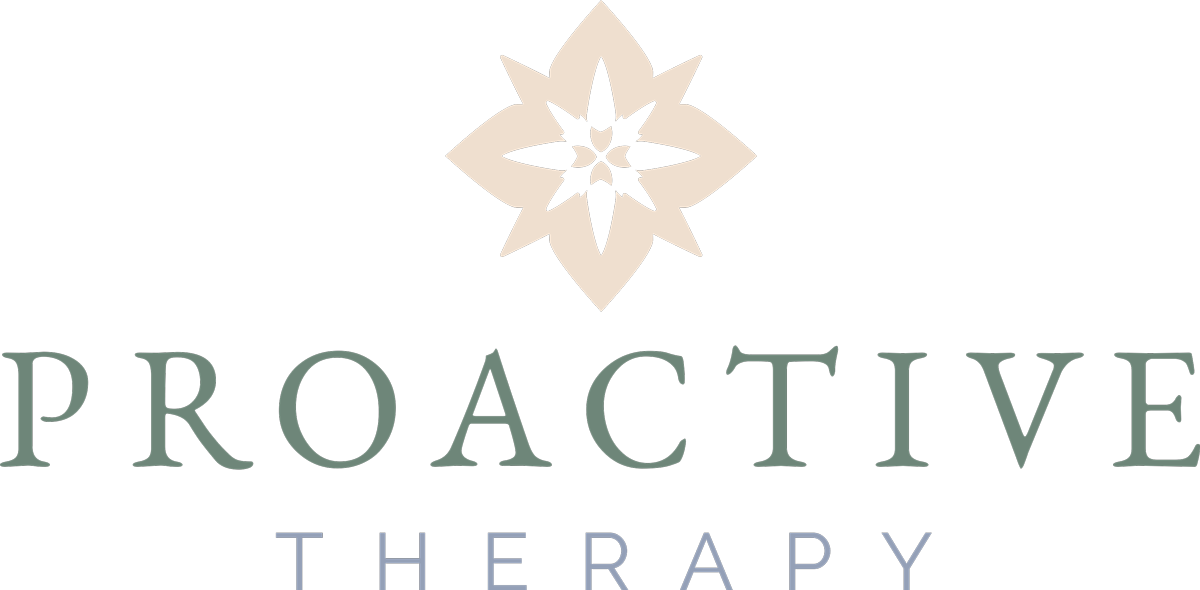Healing from Trauma: Overcoming PTSD and Restoring Wholeness
Are you constantly on edge, experiencing intrusive memories, or avoiding certain situations due to past traumatic events?
Do you find it challenging to trust others, form meaningful connections, or feel safe in your relationships due to past trauma?
Have you noticed a significant change in your behavior, mood, or outlook on life after experiencing a traumatic event?
Understanding Trauma and PTSD
Trauma can take many forms and arise from different experiences. It may stem from single incidents, such as accidents, assaults, or natural disasters, or it can result from prolonged and repetitive stress, such as childhood abuse, neglect, orsexual assault. It is important to recognize that trauma affects individuals differently, and the impact can vary based on various factors such as resilience, support systems, and coping strategies.
While experiencing trauma is a deeply distressing event, not everyone who goes through trauma develops PTSD. However, if you find that the effects of trauma persist and significantly interfere with your daily life, relationships, and overall well-being, it may be an indication that trauma has developed into PTSD. Some common effects of PTSD include:
Intrusive Symptoms (nightmares, flashbacks)
Avoidance and Numbing (avoiding reminders, limited range of emotion)
Negative Thoughts and Mood (negative beliefs about self, others, world)
Hyperarousal and Reactivity (difficulty sleeping, easily startled, etc.)
Altered Beliefs and Worldview (shift in core beliefs, diminished feelings of safety or purpose)
Comprehensive Trauma Therapy
We offer a comprehensive range of trauma therapies that are tailored to address the specific effects of trauma and help you on your journey towards healing and recovery. Our experienced therapists utilize evidence-based modalities, including:
Eye Movement Desensitization and Reprocessing (EMDR): EMDR is a powerful therapy designed to help you process and integrate traumatic memories. It uses bilateral stimulation techniques to facilitate the reprocessing of distressing experiences, reducing their impact and promoting healing.
Cognitive-Behavioral Therapy (CBT): CBT helps you identify and change negative thought patterns and behaviors associated with trauma. It equips you with practical skills to manage triggers, challenge unhelpful beliefs, and develop healthier coping strategies.
Acceptance and Commitment Therapy (ACT): ACT focuses on accepting difficult thoughts and emotions while committing to value-driven actions. It helps you develop psychological flexibility, enhance self-compassion, and build resilience in the face of trauma.
Take the First Step Towards Healing
You don't have to carry the weight of trauma alone. Our compassionate team is here to support you on your healing journey. Contact us today to take the first step towards overcoming PTSD and trauma.
